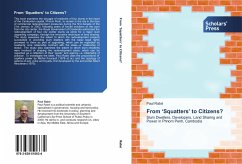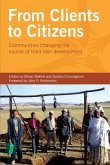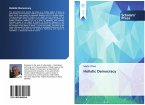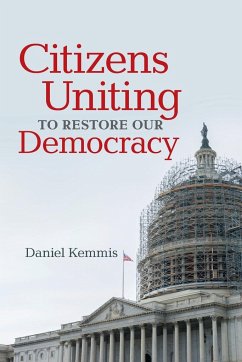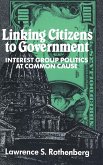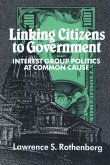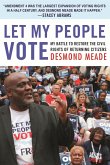This book examines the struggle of residents of four slums in the heart of the Cambodian capital, Phnom Penh, to remain in the city in the face of commercial redevelopment pressures during the first decade of the 21st century. In 2003, following years of forced evictions of the poor from the city center, the Royal Government of Cambodia authorized the redevelopment of four city center slums as pilots for a major slum upgrading campaign, through the innovative technique of land sharing. The study assesses the extent to which the redevelopment projects succeeded in providing slum dwellers with the basic legal rights promised to them as part of upgrading, which can be regarded as residents core citizenship contract with the state a citizenship of status . The study also examines the extent to which slum residents were involved in shaping the redevelopment plans, which can be regarded as a reflection of their 'power' and agency a citizenship of practice . To investigate the latter, Paul Rabé uses the propositions of capillary power by Michel Foucault (1978 et al.) and the typology of options of exit, voice and loyalty, first developed by the economist Albert Hirschman (1970).

